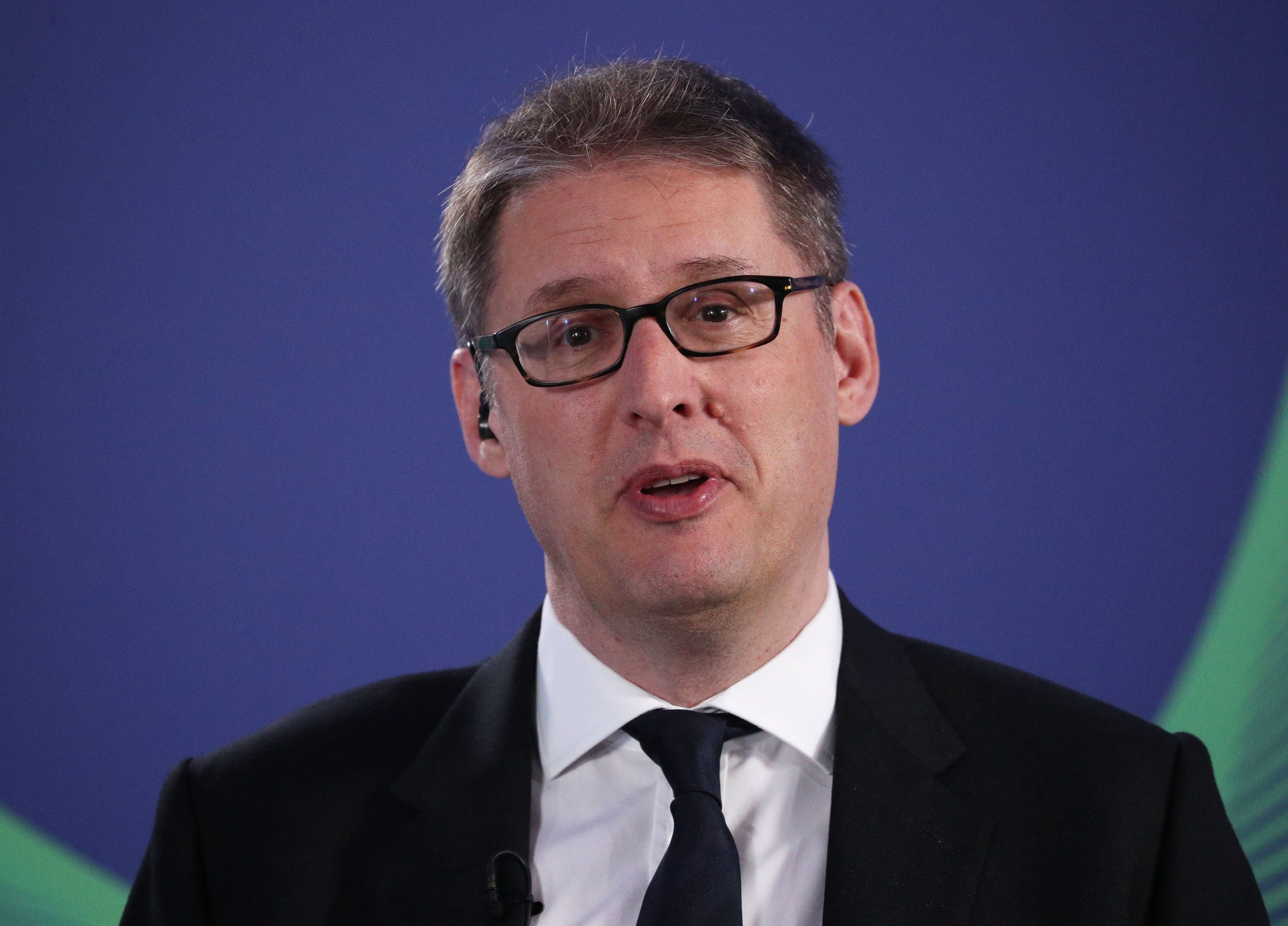CBI downgrades growth forecasts amid inflation and supply shortages
Business group’s chief warns of ‘cliff-edge’ in 2023 as Rishi Sunak’s tax rises bite

Britain’s leading business organisation has downgraded its economic growth forecasts for this year and 2022, blaming supply shortages and inflation for a slower-than-expected recovery from the Covid lockdowns.
And the CBI warned of a “cliff-edge” in 2023, when chancellor Rishi Sunak’s super-deduction tax break for business investment expires and the main rate of corporation tax rises from 19 to 25 per cent.
Director-general Tony Danker called for a “booster for growth” in the form of new incentives to invest in technology and skills, to protect the recovery from a retrenchment caused by this double blow to business.
The CBI’s six-monthly economic forecast put GDP growth at 6.9 per cent for 2021 – down from 8.2 per cent at the time of its last forecast in June – and 5.1 per cent next year, down from the previous 6.1 per cent.
Growth in 2023 was forecast sharply lower at 3 per cent.
And there were warnings that the new omicron variant of coronavirus could put even the downgraded growth forecasts at risk if it leads to new restrictions on social and economic activity, reinforcing the need for equitable distribution of vaccines to all parts of the world.
The CBI forecast envisaged continued high inflation, peaking at 5.2 per cent in April next year and remaining above the Bank of England’s 2 per cent target until the spring of 2023.
Unemployment is expected to rise briefly around the turn of the year before falling back to 3.8 per cent by the end of 2023.
Rising prices will hit spending power as inflation outpaces pay rises for most, with a knock-on hit to growth, which is heavily dependent on consumer purchases.
Household spending will generate 90 per cent of growth in 2022 and two-thirds in 2023 as consumers splash out using some of the money saved during their enforced stay at home, the forecast suggested.
However, the CBI stressed that the longer-term challenge of persistently poor productivity levels must be addressed in order to deliver sustainable growth.
The UK lags behind global peers on exports, and needs to “normalise” its relationship with its largest and most important trading partner, the European Union, said the CBI’s chief economist Rain Newton-Smith.
Any recovery in exports is expected to be “lacklustre” following disappointing growth this year.
And the current surge in business investment, which is expected to rise above its pre-pandemic level to register growth of 8.2 per cent in 2022, is expected to fall back from mid-2023, as the super-deduction comes to an end and the rise from 19 to 25 per cent in the main rate of corporation tax kicks in.
Mr Danker said: “Significant headwinds and rising costs of living threaten the extent of recovery and prospects for economic success.
“The UK’s new year resolution must be to give firms the confidence to go for growth. We should be raising our sights on the economy’s potential and seizing the moment.
“I know from speaking with firms of all sizes that they have an ambitious investment mindset and are anxious to implement growth plans. But while intentions have thawed, we’re coming up to a cliff-edge in 2023.
“The super-deduction is a welcome catalyst, but a one-hit wonder isn’t enough to make up for four decades of underperforming business investment. We must build on its success with targeted measures encouraging the scale of investment we need, particularly in green technologies. A booster for growth is needed to protect and build on our recovery.”
And Ms Newton-Smith added: “We expect a pretty firm economic recovery ahead, though understandably the emergence of omicron poses another downside risk to our forecast.
“Ultimately this underscores the need for equitable distribution of vaccines across the world – supporting lives, livelihoods and freeing our international travel sector, boosting trade too. The emphasis must be on testing and using all the tools at our disposal to keep as many global routes open as possible.”
Join our commenting forum
Join thought-provoking conversations, follow other Independent readers and see their replies
Comments
Bookmark popover
Removed from bookmarks